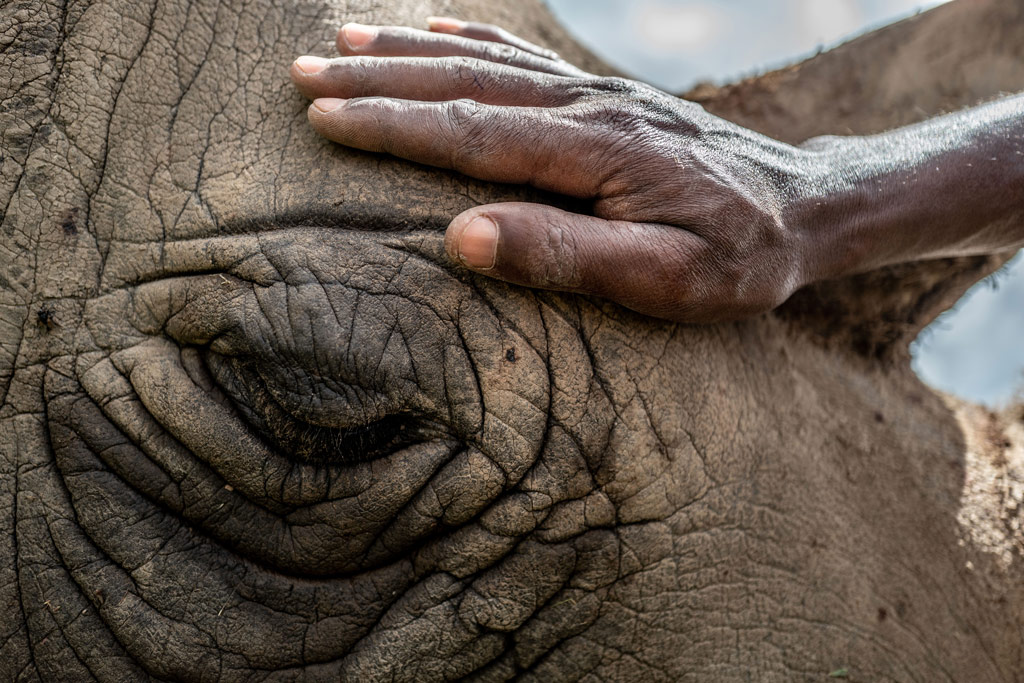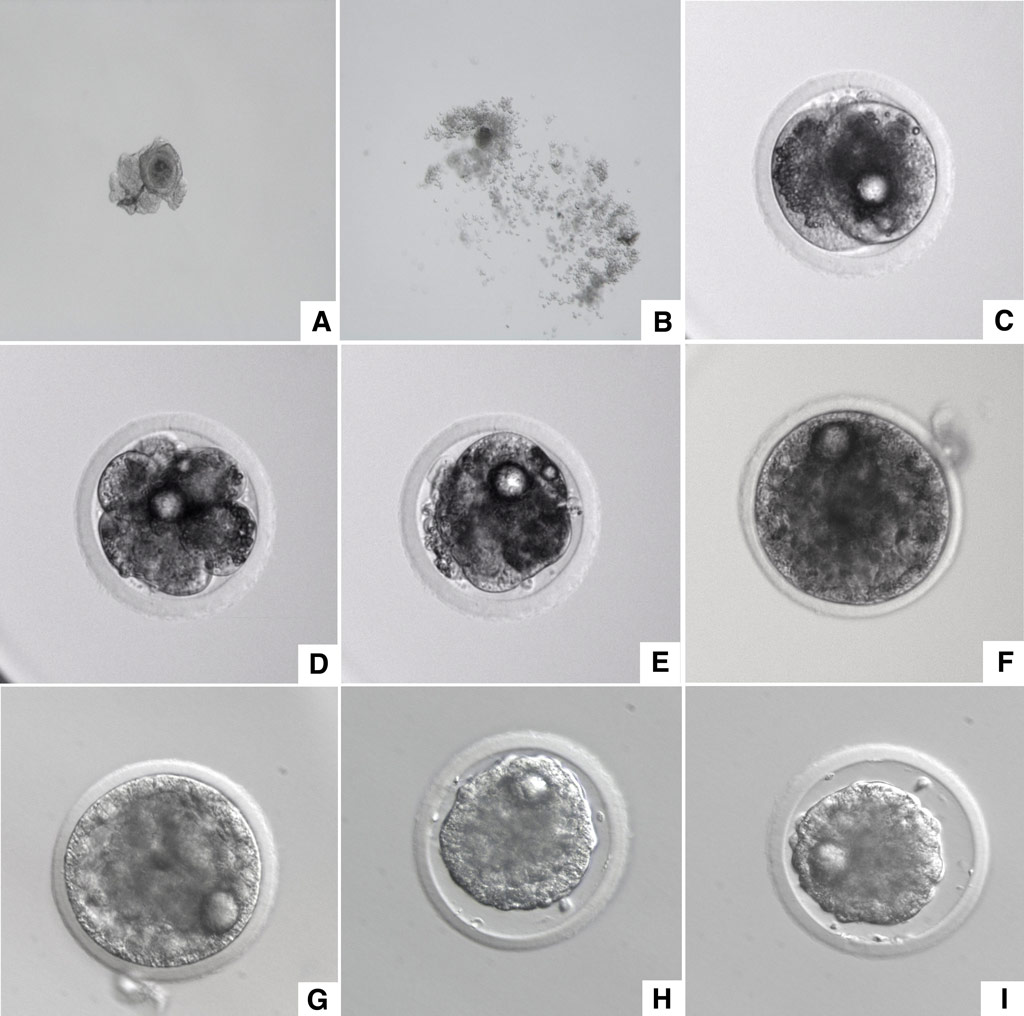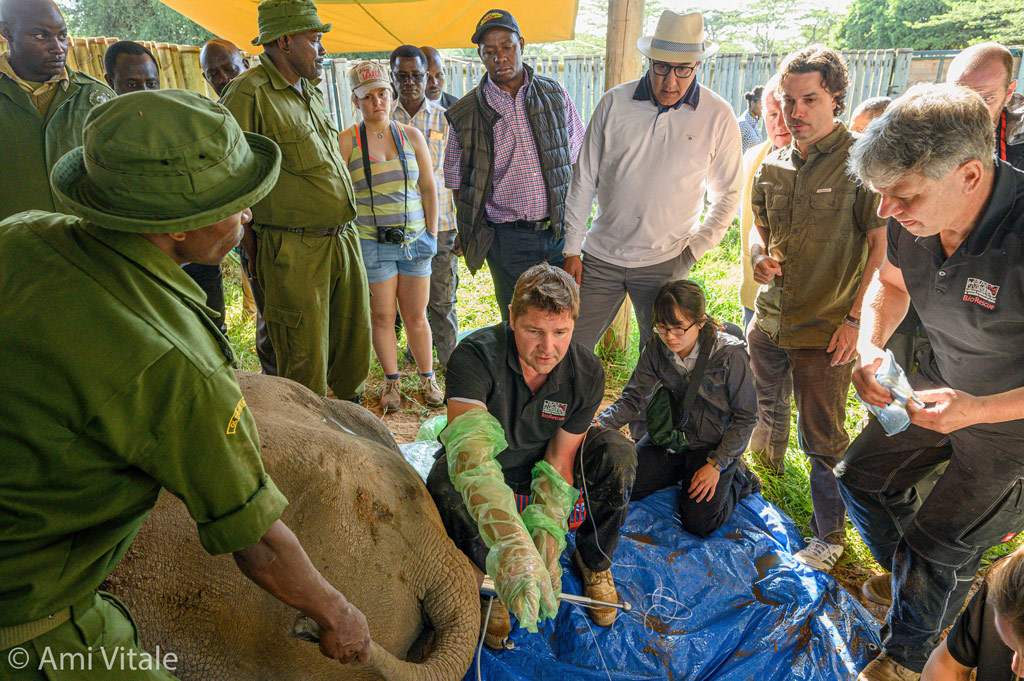
A third viable northern white rhino embryo was created over December 2019 in a joint mission between Kenyan Government and scientists. In a press release, the Ol Pejeta Conservancy reported that the team had repeated the procedure performed in August 2019 on the two female northern white rhino, Najin and Fatu, on the 17th of December 2019. With the support of Kenya’s Cabinet Secretary, Ministry of Tourism and Wildlife Hon. Najib Balala, the joint effort of the Kenya Wildlife Service, Ol Pejeta Conservancy, Leibniz Institute for Zoo and Wildlife Research, Avantea Laboratory and Dvůr Králové Zoo marks the next step in attempting to save the species from extinction.
31-year-old Najin and her 20-year-old daughter Fatu are the only living northern white rhino in the world and both were placed under anaesthetic in order to harvest nine oocytes (immature eggs cells) from their ovaries. These oocytes were then rushed to the Avantea Laboratory in Italy where they were matured before scientists attempted to fertilise them using a system known as Intra Cytoplasm Sperm Injection (ICSI). The procedure was successful on one of Fatu’s eggs and the resulting embryo was incubated using a highly advanced monitoring system before placed in liquid nitrogen with the previous two embryos created in the same manner.

The team hopes to artificially inseminate a surrogate southern white rhino female from the Ol Pejeta Conservancy using procedures trialled by European zoos some time in 2020. If successful, it would mean the first northern white rhino born into the wild in decades.

The project is all part of the “BioRescue” research, a consortium comprising of internationally renowned institutions from Germany, Italy, Czech Republic, Kenya, Japan and the USA, with a comprehensive ethical assessment courtesy of the University of Padova and partially funded by the German Federal Ministry of Education and Research. Hon, Najib Balala said of the achievement: “I urge scientists to continue digging deeper into technology and innovations to ensure that not only this concerned species does not go extinct, but other species that are faced with similar threats. The fact that Kenya is at the centre of this scientific breakthrough also makes me very proud. It’s amazing to see that we will be able to reverse the tragic loss of this subspecies through science”.

To comment on this story: Login (or sign up) to our app here - it's a troll-free safe place 🙂.![]()






